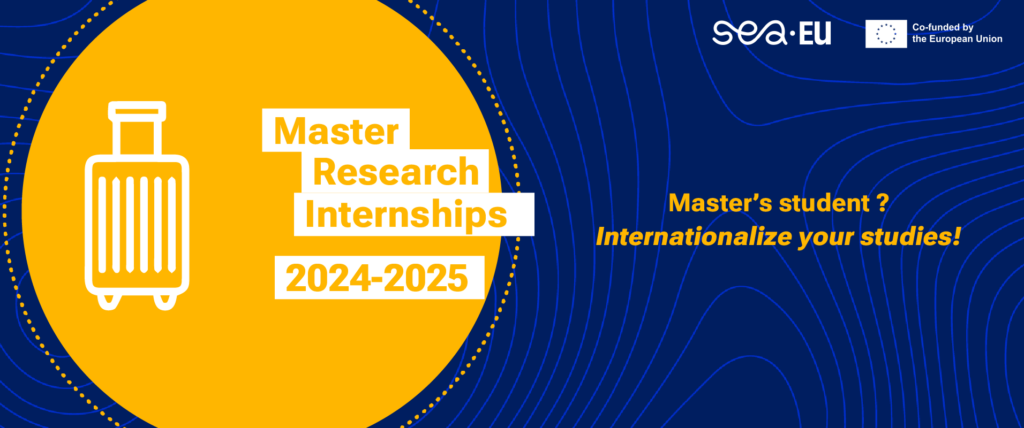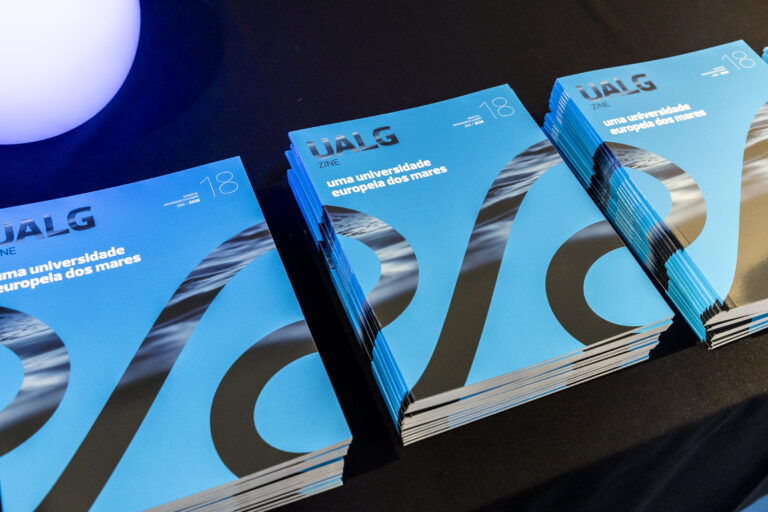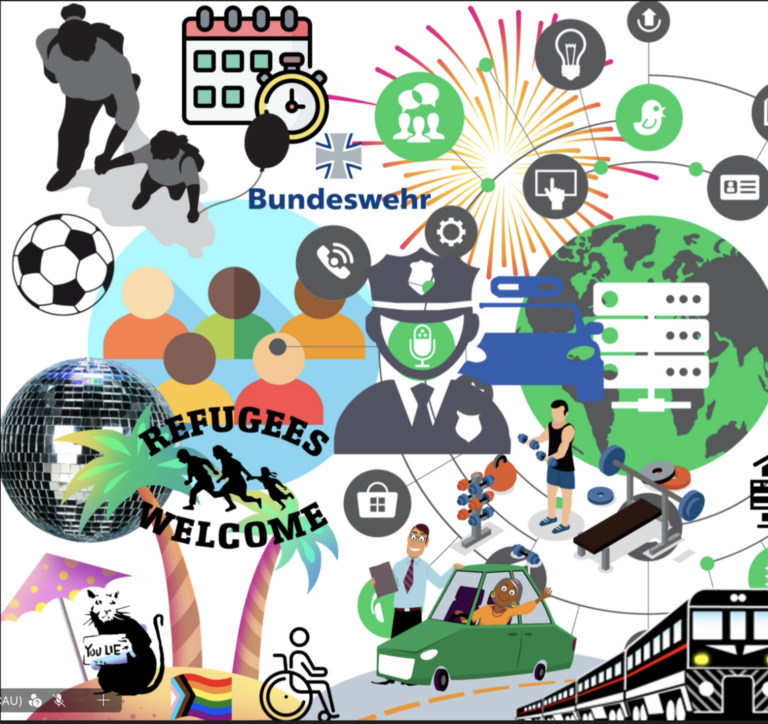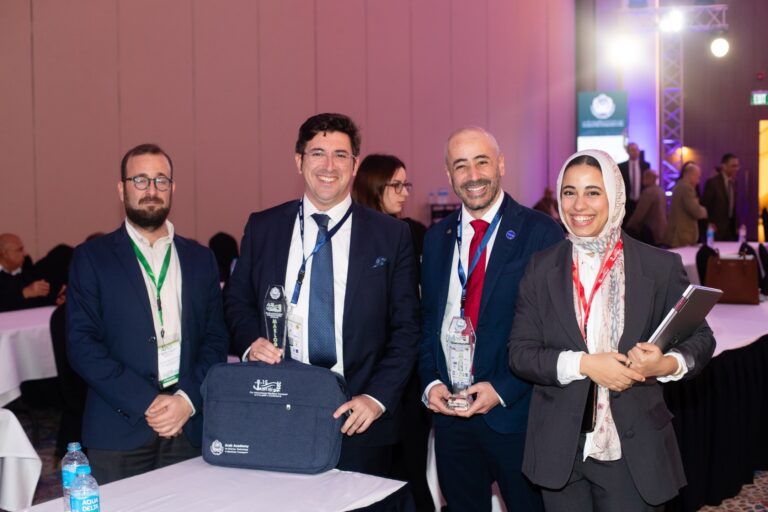Dennis Davari, originally from Kiel University, he recently finished his master research internship in Brest. His research paper in “Comparing text simplification for scientific and non-scientific texts and for the sentence and paragraph level”, he wrote during his internship won him a best paper award.
He recalls the few months he spent in Brest, and tells you everything about his best semester yet in this interview.
How did you find your Master’s internship?
I knew I wanted to spend a semester abroad during my studies, but I was nearing the end since I was just starting my Master. My first mobility experience came from participating in a Blended Intensive Programme in Brest. During this program, I met Liana, a researcher at UBO, and during our conversation, I shared my interest in doing an Erasmus internship. She immediately suggested I join the HCTI lab where she works, as she was actually looking for an intern. That’s how this opportunity came about.
How did the process go?
After agreeing on the internship in Brest, Liana Emakova gave me the contacts of people from Erasmus and SEA-EU. With them, I completed the administrative formalities before my arrival.
Where did you work during this internship? what was your research?
I did my internship at the HCTI lab in Brest. My field of study is business and computer science, and in this internship I focused mainly on computer science. My goal was to conduct research and write my thesis. My thesis topic was “Comparing text simplification for scientific and non-scientific texts and for the sentence and paragraph level“. The aim was to assess various text simplification tools and determine if they effectively simplified content depending on the research field.
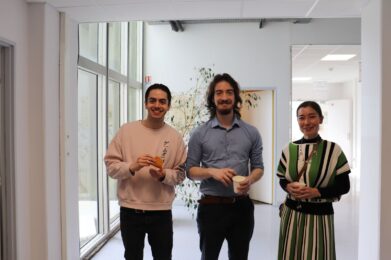
How was your experience abroad?
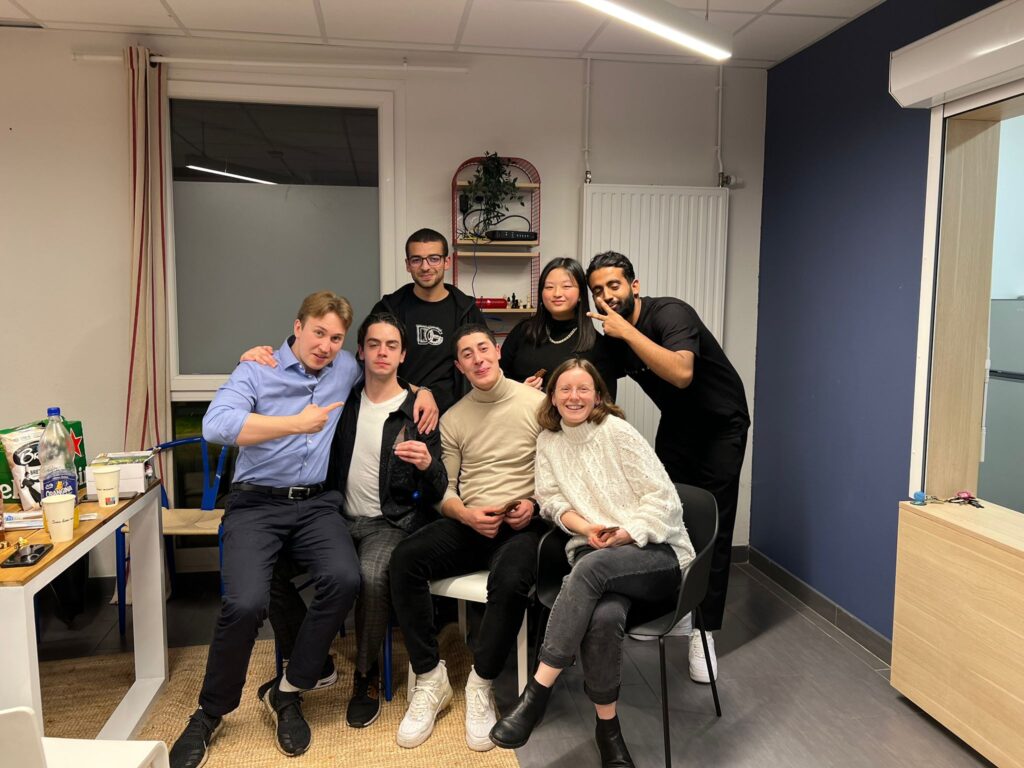
For me, it was the best semester of all my studies. I know it’s not always easy to write a thesis at the end of your studies. By doing a research internship, you can work and write your thesis at the same time, rather than doing both separately. Plus, working in an office with colleagues helped me establish a solid routine, which was very productive for my writing.
Liana Emakova, the researcher I interned with, was in the same building and was extremely available to answer my questions. She was also very interested in my thesis topic, which helped me a lot with the writing process.
Outside of work, it was wonderful to meet new people from all over the world. I highly recommend joining the university’s Erasmus WhatsApp group where you’re doing your mobility. It’s a great way to try new experiences and meet new people. At first, you might feel a bit isolated. That feeling goes away quickly with all the new people you meet and the activities organized in this group.
How was your internship overall? Did you enjoy it? Was it a good experience?
The routine was very helpful for writing my thesis—having an office and colleagues around. Compared to my friends in Germany, it’s much harder to balance work and thesis writing at the same time. I could dedicate 95% of my time to my thesis, partly because Liana was very interested in the results. In non-research companies, you often have to balance both work tasks and thesis writing.
Also, it’s wonderful to do your Erasmus in a professional setting, as you get to meet many people and really immerse yourself in the local culture. Sometimes, during Erasmus, people tend to stick to others from their own country because it feels comforting. I really encourage people to connect with others, as it helps them embrace the local culture and improve their language skills.
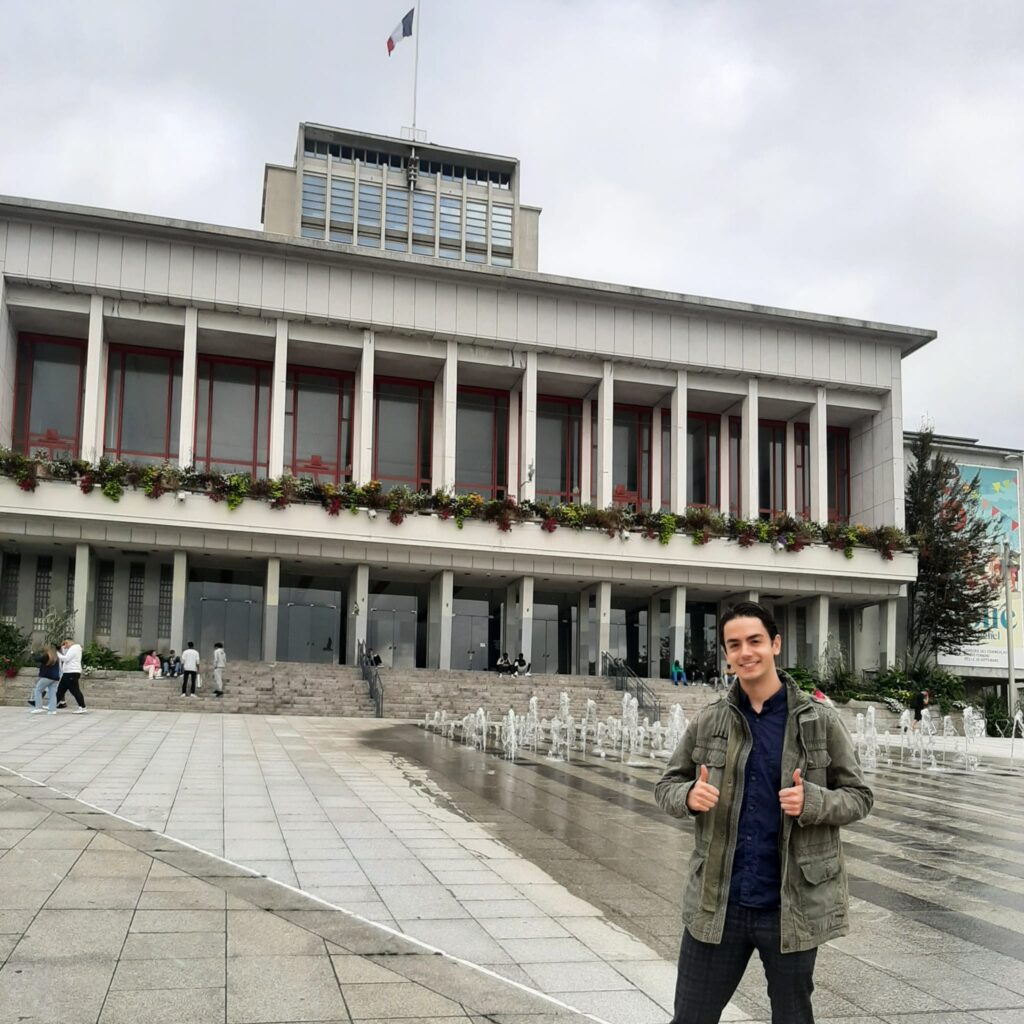
Additionally, thanks to the Erasmus grant and the internship compensation, I had a steady income and didn’t need to work outside of my internship and thesis. On top of all that, I really enjoyed the university cafeteria here in Brest.
What did this experience bring you, personally and professionally?
After this research internship in France, I became a Software Developer in a company in Germany. Even though I didn’t specialize in research, this internship is very valuable for my CV, especially as I won the Best Paper Award. Doing an internship in France also allowed me to improve my language skills, which is a real advantage when looking for a job.
My supervisors were genuinely interested in my thesis; it made me feel like I was contributing in a meaningful way. Now, I work as a software developer in a regular company rather than in research. Still, it’s always good to have experience abroad, and an internship in France is a great asset on my CV.
What would you say to someone considering an internship abroad?
Don’t worry about funding, since with the internship salary and the Erasmus grant, you end up with a decent income for a student.
Once there, I highly recommend joining the local Erasmus WhatsApp group; it really helps with integration and meeting new people. I think it would be a shame to miss out on that.
Also, for housing, I contacted GarantMe, which allowed me to have a guarantor since my German documents didn’t meet the requirements for finding accommodation. It costs around €150, but they help you find housing and enhance your application with their partner networks.
I think what I take away most and want to pass on is: don’t be afraid to ask. If I hadn’t asked Liana Emakova about this opportunity, I wouldn’t have had the chance to travel to France and complete part of my studies abroad as I had always wanted to.
Like Dennis, you also can live your experience abroad. SEA-EU offers many opportunity to complete an exchange during your studies. You can find a Master Research Internship with all the offers proposed bellow.
